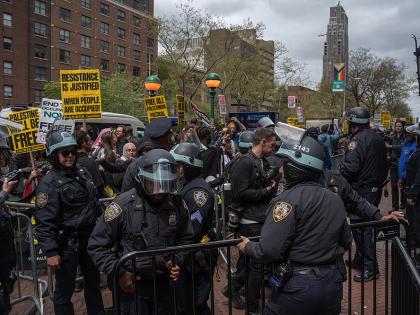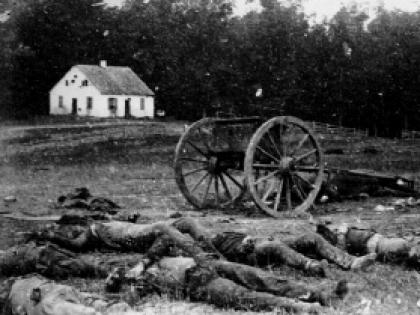In a contentious, polarized era, how does one make room for generous listening and civic discourse? Bo Seo ’17, J.D. ’24, a champion debater and former coach for the Harvard College Debating Union, points to a path forward in his memoir-cum-guidebook, Good Arguments: How Debate Teaches Us to Listen and Be Heard (Penguin Press, $28). From the introduction:
This book, the sum of a short lifetime’s reflection, is about two forms of debate.
One is competitive debate, a formal game in which rival sides argue their case on an assigned topic before an impartial adjudicator. The origins of this contest stretch back to antiquity—to ancient Greek rhetorical education, to early Buddhist religious practice—and its evolution is intertwined with the development of parliamentary democracy. Today, competitive debate thrives in high schools and universities across the world and counts a disproportionate number of former presidents and prime ministers, Supreme Court justices, captains of industry, prize-winning journalists, prominent artists, and civil society leaders as alums. The activity is dead easy but impossible to master. For this reason, it makes room for children and presidential candidates. (What does this say about each?)
The other form of debate is the everyday disagreements we encounter in our lives. Few people join a debate team but everyone argues, in some form, most days. Since we disagree not only about the way things ought to be but also about the way things are, the mere act of perceiving can spark conflict. In the resulting arguments, we seek to convince others, find solutions, test our beliefs, and defend our pride. We judge, correctly, that our personal, professional, and political interests rest on our ability not only to win these arguments but to prevail in the right way.
My argument is that competitive debate can teach us how to disagree better in our everyday lives. Disagreeing well can mean many things—getting one’s way, reducing future conflict, preserving the relationship with one’s opponent—and this book will have something to say about each of these. However, I define the aim in more modest terms: we should disagree in such a way that the outcome of having the disagreement is better than not having it at all.








